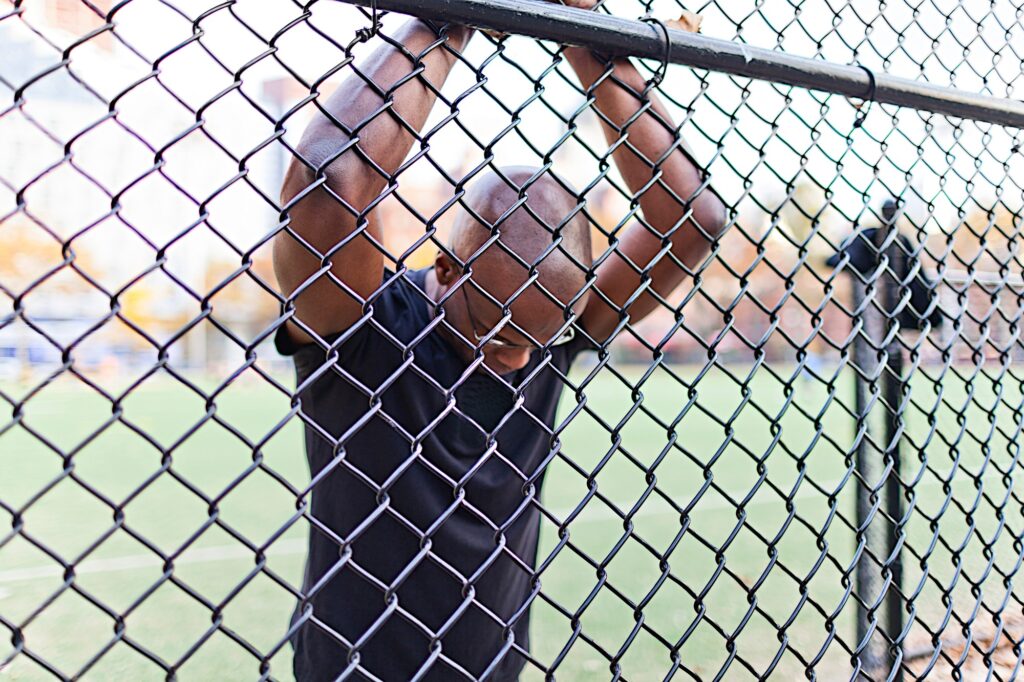Introduction
The Trump administration has ordered the preparation of Guantanamo Bay to house up to 30,000 undocumented immigrants, marking one of the most controversial moves in U.S. immigration policy. The decision to use this notorious facility—long associated with torture, human rights abuses, and indefinite detention—sparks outrage among legal experts, human rights organizations, and political opponents.
Key Takeaways
- Guantanamo’s Dark Legacy – The facility is infamous for its history of torture, indefinite detention, and human rights violations.
- Trump’s Hardline Immigration Tactics – This move aligns with broader policies aimed at mass deportations and aggressive border enforcement.
- Legal and Human Rights Concerns – Immigration advocates warn that detaining migrants in Guantanamo could violate international law.
- Supporters Call It ‘Necessary Security’ – The Trump administration argues that Guantanamo provides a controlled environment for high-risk detainees.
- Potential for Legal Battles – Civil liberties groups, including the ACLU, are preparing to challenge the plan in court.
Guantanamo Bay: A Symbol of Torture and Abuse
For decades, Guantanamo Bay has been synonymous with torture, forced confessions, and extrajudicial detention. Created as a detention center for terrorism suspects after 9/11, the facility has held hundreds of prisoners without trial, subjected detainees to waterboarding, sleep deprivation, and prolonged solitary confinement, and been widely condemned by international human rights organizations.
Now, Trump’s administration seeks to reopen this dark chapter in U.S. history, repurposing Guantanamo as a mass detention center for undocumented immigrants accused of crimes. The White House claims that only the “worst of the worst” will be sent there, but immigration advocates fear this policy will target individuals without proper legal representation or fair trials.
A Legal and Ethical Minefield
The decision raises serious constitutional and human rights concerns. The American Civil Liberties Union (ACLU) and other advocacy groups argue that detaining migrants at Guantanamo will strip them of fundamental legal protections. Unlike U.S. soil, where detainees have the right to legal counsel and due process, Guantanamo exists in a legal gray zone, where past administrations have justified indefinite detention without formal charges.
Many legal experts fear that immigrants sent to Guantanamo could be held indefinitely under military jurisdiction, similar to suspected terrorists in the past. Human rights organizations warn that this could amount to mass internment, violating both U.S. law and international human rights agreements.
The Political Fallout
While the decision has drawn international criticism, Trump’s supporters see it as a fulfillment of his promise to crack down on illegal immigration. Republican lawmakers and far-right media figures have hailed the move as a necessary step to ensure national security, arguing that it will prevent violent criminals from being released into American communities.
However, Democrats, civil rights groups, and international human rights watchdogs have strongly condemned the plan. European allies of the U.S. have expressed concerns over the moral and diplomatic consequences of reviving Guantanamo’s detention practices.
What Happens Next?
The first detainees could be transferred to Guantanamo within weeks, but legal challenges are already underway. Civil rights organizations are preparing lawsuits to block the plan, and it is expected that the courts will have to decide whether this extreme measure is legally and ethically permissible.
What is clear is that this move marks a radical shift in U.S. immigration policy, reviving a facility long viewed as a global symbol of injustice and human rights abuses. As the world watches, America is once again faced with the question: How far is too far in the name of immigration enforcement?
#USA
Source
Politico
Financial Times
Reuters










